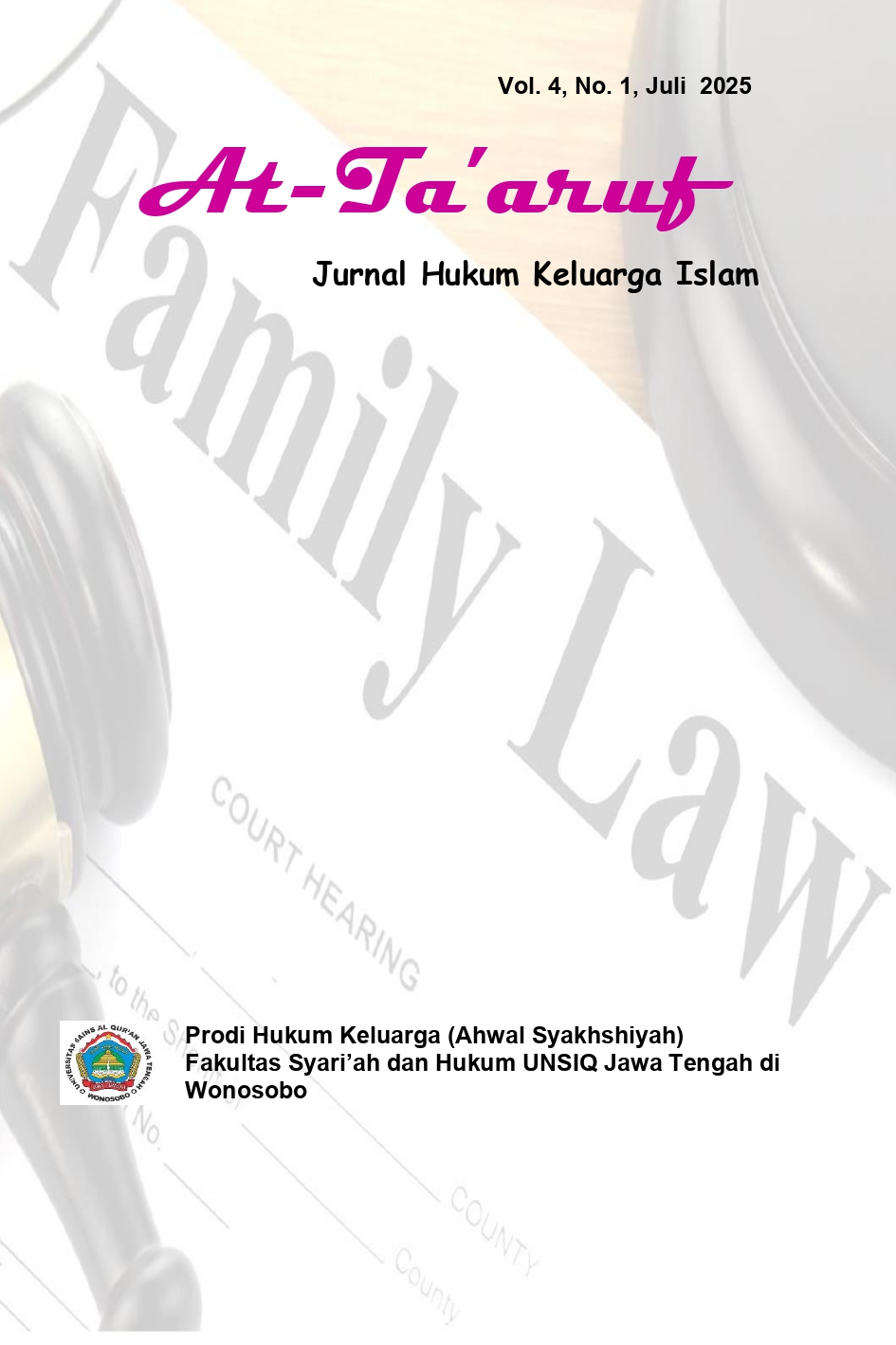KARL POPPER’S FALSIFICATIONISM AND ITS RELEVANCE TO ISLAMIC SCHOLARLY DISCOURSE
A Study on the Dialectics of Inheritance Distribution in Islam
DOI:
https://doi.org/10.59579/ath.v4i1.9466Keywords:
Karl Popper, Falsificationism, Islamic discourse, InheritanceAbstract
This article aims to explain Karl Popper's epistemology of falsificationism and its relevance to Islamic scholarly discourse, particularly regarding the dialectics of inheritance distribution in Islam. The study is a library research employing a qualitative approach, using Karl Popper's works and related literature as primary data sources. The analysis is conducted inductively and comparatively to examine the relevance of falsificationism within the discourse on Islamic inheritance laws. The falsificatory approach encourages openness to criticism and reinterpretation in understanding inheritance provisions in Islam. Although the Qur'anic texts are explicit, social changes demand a more contextual and just reading. Thinkers such as Muhammad Syahrur, Amina Wadud, and Asma Barlas offer progressive reinterpretations. While their perspectives differ significantly from classical scholars, they emphasize that their interpretations remain grounded in the objectives of Islamic law (maqāṣid al-sharī‘ah). This approach helps prevent intellectual stagnation without disregarding the authority of sacred texts.



